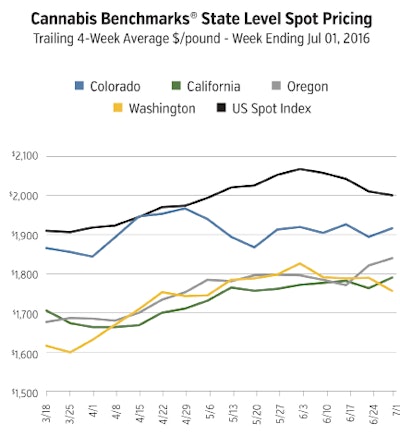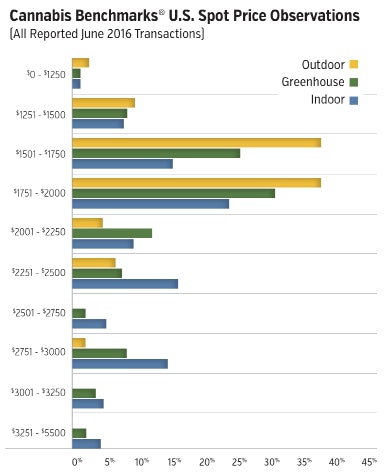August 3, 2016

Source: A University of Washington study conducted by UW’s Cannabis Law and Policy Project for the Washington Liquor and Cannabis Board.

Copyright 2016 New Leaf Data Services, LLC. All rights reserved. Source: Cannabis Benchmarks ® Weekly Premium Report; CannabisBenchmarks.com


















